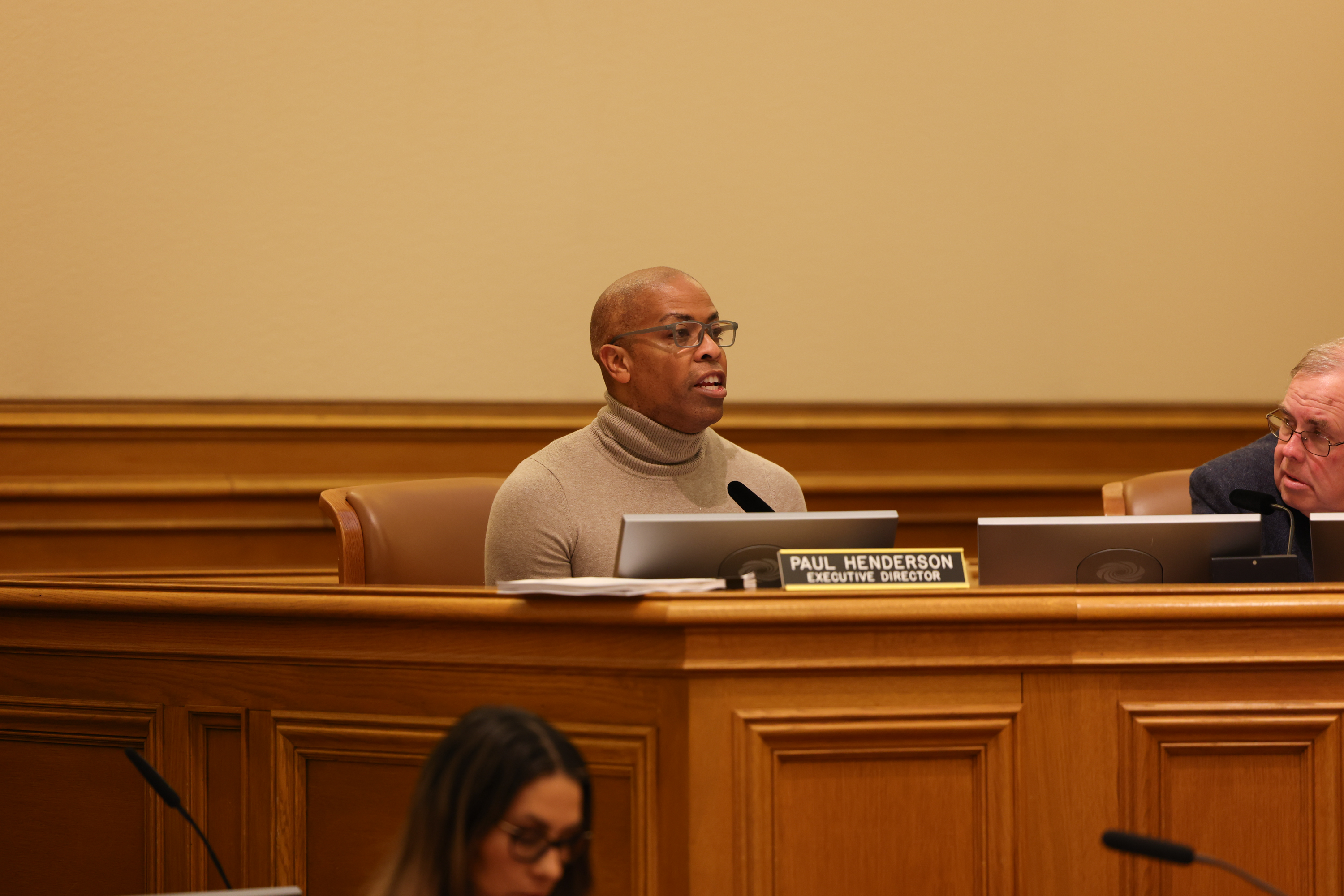After finding that one officer repeatedly misreported the races of people he encountered, San Francisco’s top police oversight official is launching a review of the data officers are required to collect on everyone they stop.
Paul Henderson, executive director of the Department of Police Accountability, announced the review at a Police Commission meeting Wednesday.
It comes as law enforcement agencies in other jurisdictions face scrutiny over officers improperly reporting stop data, such as in Connecticut, where a scandal is unfolding over whether state troopers recorded bogus traffic stops.
“I’m not saying that we have those exact same problems in San Francisco, but we have the same indications of those problems here in San Francisco,” Henderson said, without referring to any jurisdiction specifically.
Police Chief Bill Scott said he is open to working with the Department of Police Accountability on the broader review but expressed trepidation about having enough staffing to do the work, because the department says it faces an officer shortage.
As in every other law enforcement agency in California, San Francisco police officers are required by state law to enter into a state database demographic information and various other data points on people they search, detain or pull over.
In launching the review, Henderson accused the SFPD of falling short of the recommendations for auditing stop data outlined by the U.S. Department of Justice in its 2016 report on the department.
The SFPD previously revealed that it only reviews stop data to see if officers have completed entries they started.
Earlier this year, the Department of Police Accountability found that an officer repeatedly reported the wrong races of people he pulled over in the state database, despite getting their races right in his incident reports.
The Standard reported based on publicly available information last month that the officer in that case may be Christopher Kosta.
Henderson previously said his agency found other indicators that the inaccuracies in the stop data go beyond one officer.
His agency has also seen officers not enter required information into the database and mark that a person pulled over belonged to multiple racial groups to “obscure any obvious or specific racial makeup,” Henderson previously said.
Henderson announced he would launch the review on the same day that the police union pressed for a leak investigation into The Standard’s reporting on Kosta.
Tracy McCray, president of the San Francisco Police Officers Association, pressed for the investigation in a letter to the Police Commission on Wednesday morning before doubling down on her remarks at the commission meeting.
McCray said the disciplinary case started with a complaint to the Department of Police Accountability, came before Vice President Max Carter-Oberstone and has yet to be adjudicated, but somehow “winds up on the front page of the SF Standard.”
“As the president of this union representing members who feel that their discipline process is now open for the world to see, I want to know who is going to fix that?” McCray said. “Who is going to find out what happened?”
Carter-Oberstone as well as commissioners Debra Walker and Kevin Benedicto each said they supported finding out how the information was released.
The Standard’s Editor-in-Chief Julie Makinen has responded to the union’s letter, saying that The Standard did not base its reporting on the officer on leaked information.
